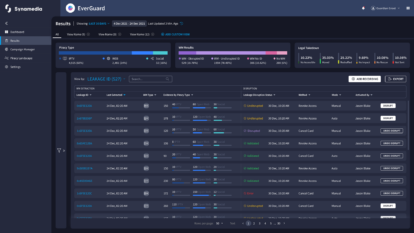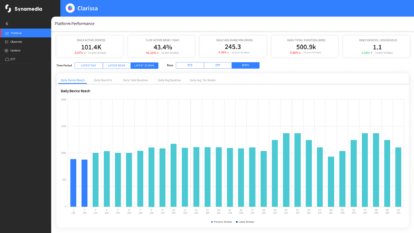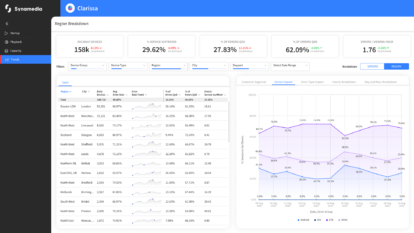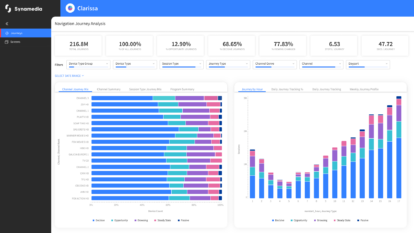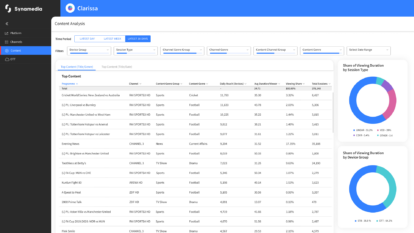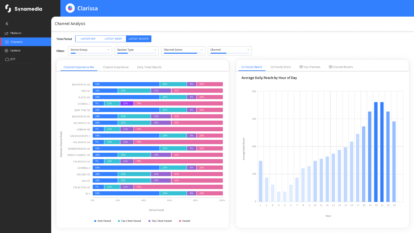
How Sky Enabled Advertisers to Target Who They Want, When They Want, and How They Want
Business Objective
- To deliver targeted advertisements to subscribers primarily over an installed base of one-way broadcast set-top boxes.
- To increase the value of existing inventory and attract new TV advertisers without interrupting the viewing experience or incurring expensive equipment upgrades.
Solution
A groundbreaking, personalised addressable advertising platform integrated with millions of existing set-top boxes. The solution features channel scheduling, a playout automation interface, metadata capabilities, and an audience measurement system.
Outcome
- Delivers more relevant, effective ads to viewers for an improved experience
- Combines the brand-building power of TV with the data-driven precision of digital
- Enables specialist and regional advertisers to leverage the power of TV even further
- Boosted advertiser sales by up to 100%, and improved likelihood to buy advertised brand by over 50%
- Increased the number of first-time advertisers on TV or on Sky by 70%
What Sky said…
Synamedia helped us innovate and deliver a product that, without them, I don’t think would have been as innovative as it is now. AdSmart is the single biggest innovation in the broadcast advertising market for probably 20 years.
Jamie West, Deputy Managing Director, Sky Media
